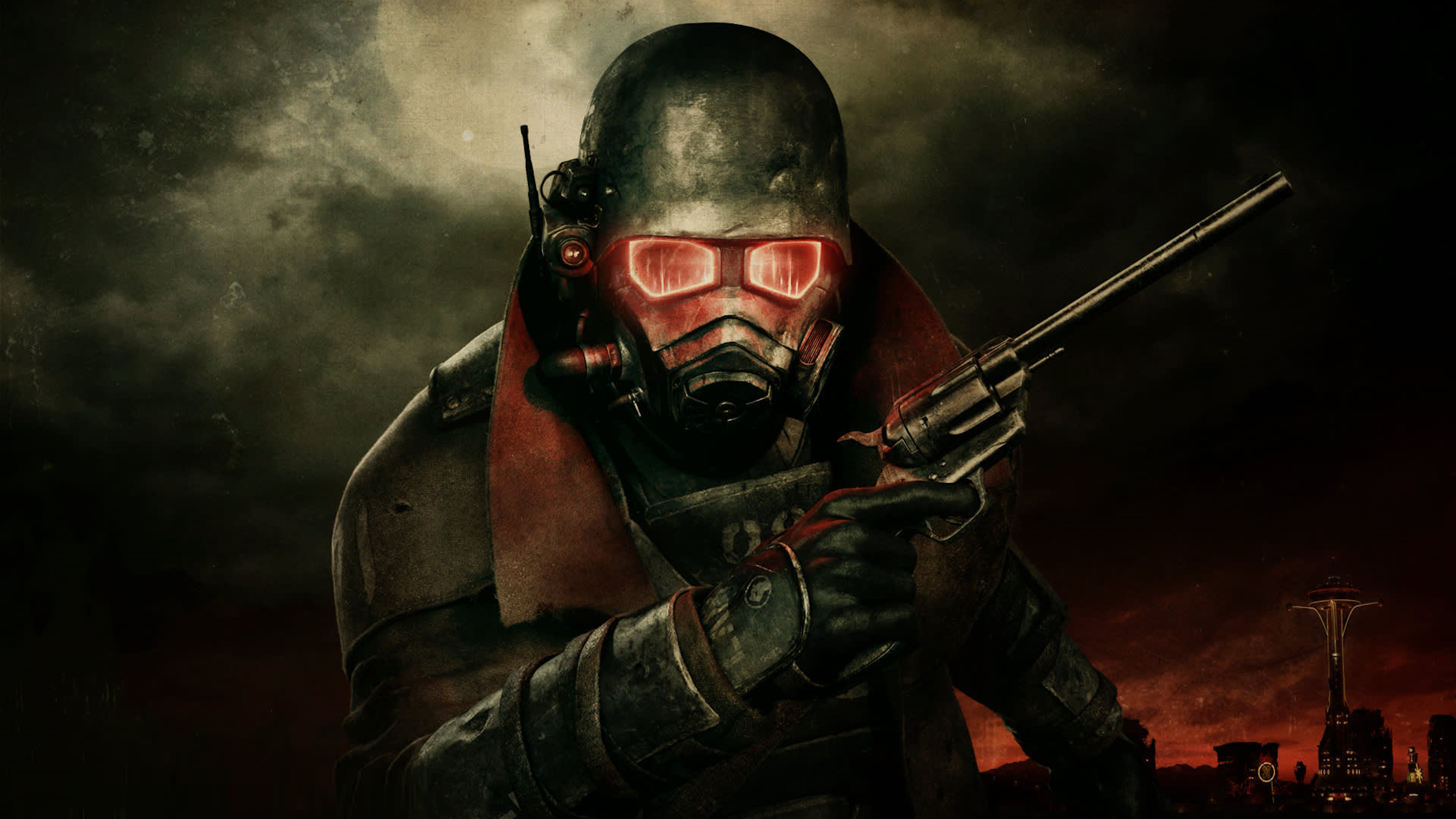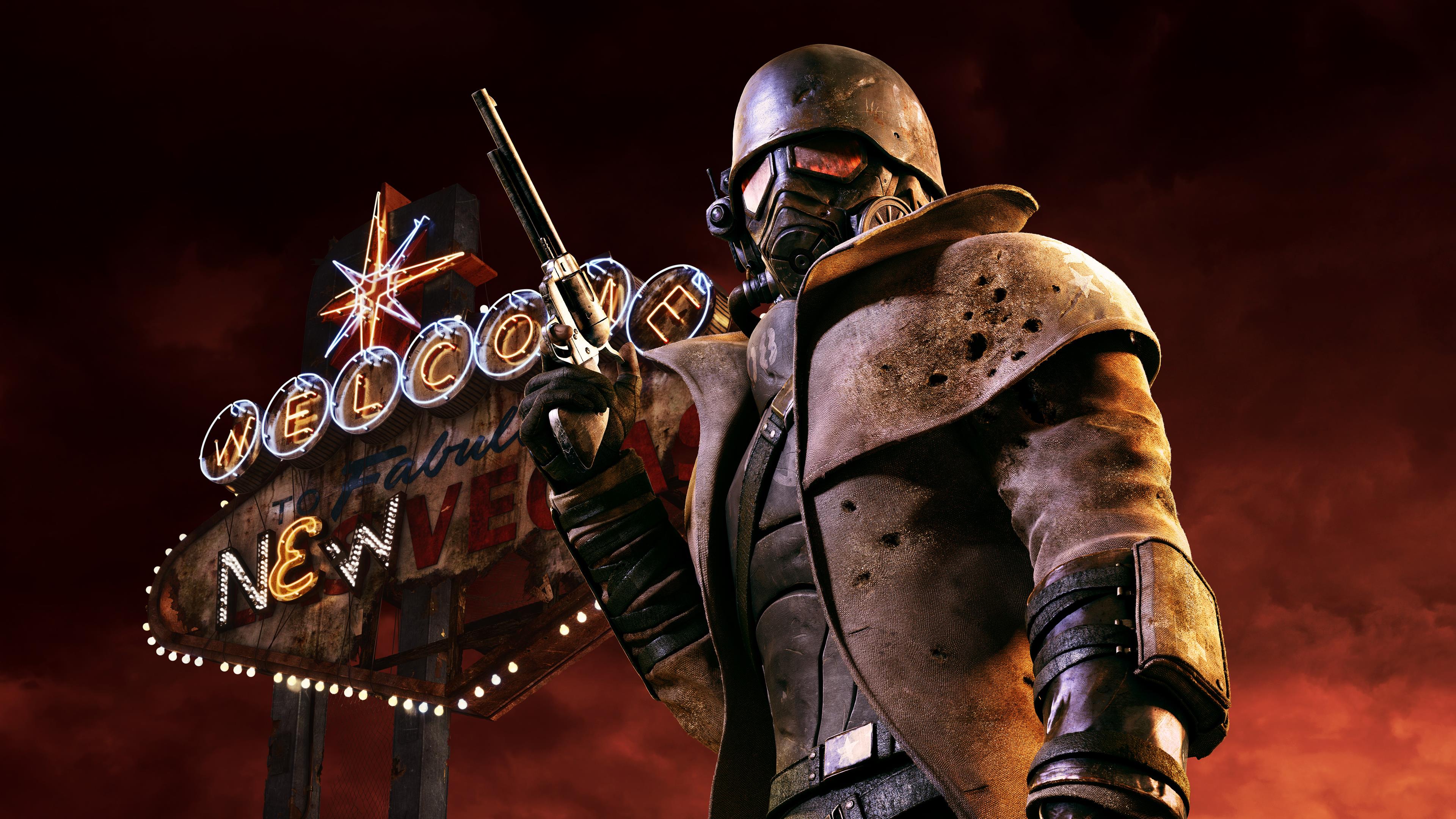'Devs are getting ground up as collateral damage': Fallout: New Vegas lead says burnout has replaced crunch as 'the primary hazard of the game industry'
Burning up.

Crunch (imposing long periods of major overtime to meet a deadline) has been a major spectre in the games' industry since its inception, though particularly in the past few years, with developers at several studios including Rockstar, CD Projekt, Telltale and more reporting absurd expectations from their higher-ups.
That's not to say short periods of crunch are inherently a sign that something's gone wrong—racing to beat a deadline is common in a lot of creative industries, and sometimes it's self-imposed out of passion for the project. It is, however, a thing to be avoided—and several of those aforementioned studios have sworn off relying on crunch to solve their problems.
But it's far from the only issue developers are facing, especially in an industry that's been incredibly brutal as of late. Industry vet Josh Sawyer, studio design director at Obsidian (Fallout: New Vegas, Pillars of Eternity) commented on the issue via a tweet responding to a GameDeveloper article on the subject yesterday (thanks, GamesRadar):
"I believe burnout has already replaced crunch as the primary hazard of the game industry. Managers are setting teams up to fail and devs are getting ground up as collateral damage," Sawyer writes. "I have suffered from burnout myself. It's no joke."
Burnout—sometimes called "occupational burnout"—is a state of full-body exhaustion brought on by prolonged exposure to stress.
It's important to remember here that 'stress' is a physical, chemical response your body has, which can have very real medical implications. Stress introduces measurable chemical changes to your body, which can dent your immune system, raise your blood pressure, cause you to gain or lose weight, and ruin your sleep schedule.
When burnout hits, it hits hard, and it can sometimes take months to recover—not as a reflection of someone's mental fortitude, but because their actual body has been harmed by the experience.
The biggest gaming news, reviews and hardware deals
Keep up to date with the most important stories and the best deals, as picked by the PC Gamer team.
"As with crunch," Sawyer adds, "It's likely that managers may acknowledge creating the circumstances leading to burnout but will not take the necessary steps to change them. It's important that devs continue to talk to and support each other and to apply pressure until change is effected."
Several other devs chimed into the discussion such as Jorge Murillo, a former senior designer at Blizzard who worked on Overwatch's ill-fated PvE mode: "My team spent years trying to make PvE Overwatch content that people would've loved and ate up. Though we did not crunch, having a project you spend years on getting pulled from under you takes it out of you. Makes you feel like—what was the point of all that work?"
Nathaniel Chapman, a designer who has worked at both Blizzard and Obsidian, also added: "The slow grind on something you do not believe in is 10x as soul crushing as crunching for something you care about."

Still, solving the issue of burnout may prove harder, since it's a slow and insidious hazard. It's easy to spot when your development team is crunching and to implement steps to avoid it—you just look at how much overtime is happening. If less overtime is happening, you're solving your crunch, simple-as.
Burnout, as the GameDeveloper article Sawyer is quote-tweeting here outlines, is harder to solve. Alongside the more expected causes like overwork, the report states that burnout stems from more abstract concepts like "Insufficient Rewards", "Lack of Control", and "Absence of Fairness".
As you might imagine, a layoff-happy industry hasn't helped. Still, as Sawyer notes: "game dev largely has moved away from capital C Crunch", so there may be some hope yet, even if the industry at-large is still putting out fires.

Harvey's history with games started when he first begged his parents for a World of Warcraft subscription aged 12, though he's since been cursed with Final Fantasy 14-brain and a huge crush on G'raha Tia. He made his start as a freelancer, writing for websites like Techradar, The Escapist, Dicebreaker, The Gamer, Into the Spine—and of course, PC Gamer. He'll sink his teeth into anything that looks interesting, though he has a soft spot for RPGs, soulslikes, roguelikes, deckbuilders, MMOs, and weird indie titles. He also plays a shelf load of TTRPGs in his offline time. Don't ask him what his favourite system is, he has too many.

